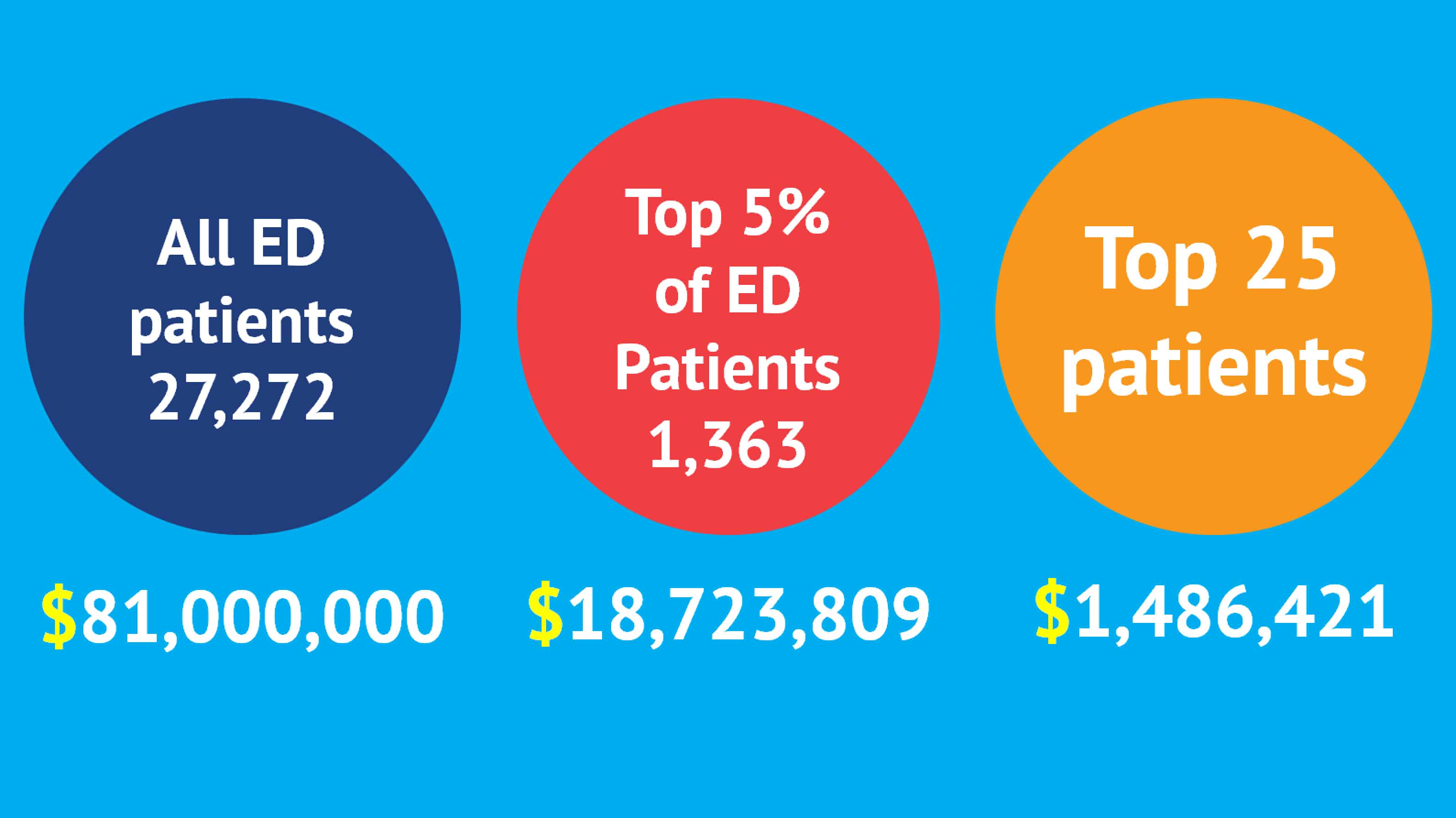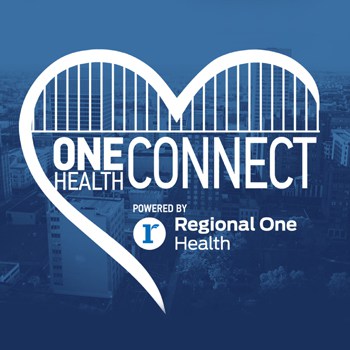When Regional One Health launched ONE Health last summer, it was an effort to find a new concept in care that uses compassion and exceptional services to keep the most vulnerable residents of the Mid-South healthier and transform the community. Over the past six months, we’ve analyzed data to better understand patients and trends related to their circumstances that have them in need of care.
“Insurance companies manage risk by managing patients. Well, shame on us if we don’t look at how we manage our population,” said Dr. Reginald Coopwood, CEO of Regional One Health. “We need to enhance services to move patients into more appropriate levels of care. Once you put all of this together we intend to have a system that will be able to support populations of diseases and populations of people and have the infrastructure to make that happen.
“Every Memphian deserves great health care regardless of what slice of the pie you belong in,” Coopwood continued. “Our job is to figure out a way that is equitable while providing quality care.”

An analysis of super utilizers – those patients who typically have four or more inpatient stays and 10 or more emergency department visits in a year – found that the top 25 of them averaged 85 Emergency Department visits in the past year. Looking at just the top 5 percent of the total 27,272 Emergency Department patients found the cost is $18.7 million of the total $81 million for ED visits. The top 25 patients cost nearly $1.5 million.
The 7,259 TennCare patients to the ED cost $21.6 million. The top 5 percent of utilizers – 363 – cost $6.3 million. The top 25 patients cost nearly $1.2 million. There were 12,072 self-pay ED patients last fiscal year at a cost of $26.3 million. The top 5 percent – 604 patients – cost $5.8 million. The top 25 of those patients cost $609,870.
But ONE Health isn’t about analyzing costs of health care, it’s identifying what leads super utilizers to seek out care and find better and more efficient ways to improve their lives.
“It’s not because they wake up and want to come to hospitals every day,” said Susan Cooper, RN, MSN, FAAN, senior vice president/chief integration officer for Regional One Health. “We’ve started to look at what are the drivers that bring them to our facility. When we talk about every Memphian deserving great health care it’s not just what’s delivered within the walls of hospitals.”

The tool allows users to search for free or reduced cost services throughout the Mid-South like medical care, food, and job training.
In a super utilizer’s world, he or she might experience poverty, food insecurity, homelessness, mental illness or job loss. Over the past six months, we interviewed over 200 partner organizations to better understand what resources exist to cover these issues, ranging from transportation to mental illness. With these concerns driving many of our super utilizers to frequently use our services, we launched ONE Health Connect.
This online resource found at regionalonehealth.org/connect is available to the community free of charge. Users can locate all free and reduced-cost services that exist based on ZIP code throughout Shelby County. The site translates into multiple languages and lists all of the pertinent details about a service provider such as hours, location and what’s available.
ONE Health has a new program manager, Megan Williams, who joins the team Feb. 5. We’ll begin patient engagement and offer community training for partners on how to utilize ONE Health Connect. We’ll work with a group of patients to better understand their challenges, with the first cohort of 25 enrolled later this spring.
We’re excited about ONE Health and what it means for the future of health care in Memphis.